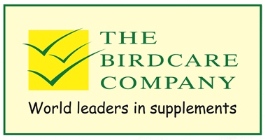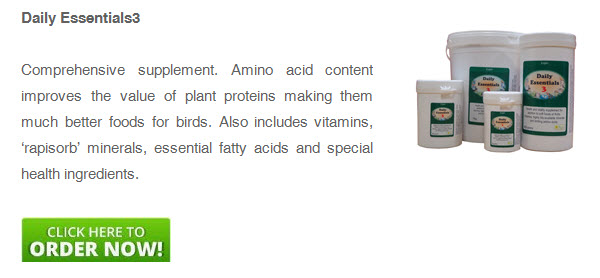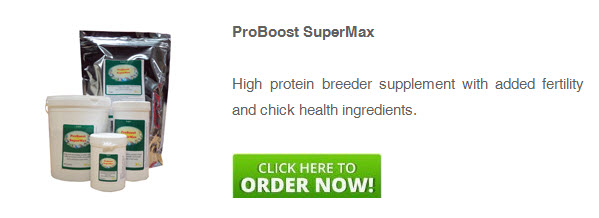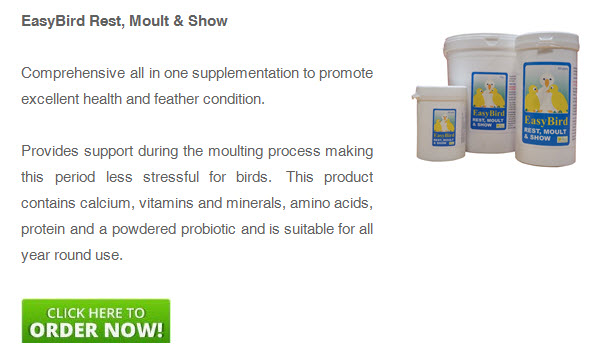Understanding usable protein in our birds diet
**Malcolm Green explains how to get the most from your birds protein source, without increasing calories. This will help with obesity and breeding.
We are all aware that our muscles are largely made of protein. But protein is far more important than that. In fact most of the organs in our bodies contain a lot of protein and almost all of the biochemical reactions in our cells are controlled by proteins (hormones and enzymes).
The DNA in our chromosomes provides the code for thousands of different proteins from the haemoglobin that carries oxygen round our bloodstream to the insulin that controls our blood sugar levels.
Proteins are constantly being made and destroyed in the body and a regular supply from the diet is important for continued health.
Protein and energy
Many people get fixated on the percentage of protein in the diet. This can be very misleading. The two biggest components of food are protein and energy (mostly starches and fats) and the important issue is the ratio between these two ingredients. Too much energy (starch and fats) and the birds will get overweight, breed poorly and eventually get sick. Why is this?
Your birds will normally eat until they have consumed enough energy and enough protein. In traditional diets they get energy easily. To get enough protein they have to eat a lot more food than they need for energy alone. The excess energy they consume is converted to fat. This leads to obesity. When they get fat some birds stop eating enough protein altogether and start to show symptoms of protein deficiency. Feather and beak problems are the first to show up but, because of the huge range of functions of protein, all sorts of health problems can eventually be possible. So their health will begin to suffer in a number of different ways.
You may wonder why, when we feed similar food to our birds as their wild cousins eat, all wild birds do not die of heart disease related to obesity. The answer is simple. Wild birds need much more energy for their much more active lifestyle. So their needs for protein and energy are quite different from those of domestic birds.
So what is the right ratio between protein and energy?
For most of an adult bird’s life its protein needs will remain fairly constant. But its requirement for energy will change substantially depending on the size of its enclosure, the temperature and other weather conditions and all sorts of external factors. Different species will have different needs and individuals will have various requirements. So there is no right answer to this question.
Our philosophy is to offer birds a selection of high and low protein foods and let them select the correct balance for their own needs. Experience clearly demonstrates that the vast majority of birds do this very well. Obese birds lose weight safely and only a few ‘junkies’ prove difficult.
By using well designed supplements it is quite easy to adjust the ‘protein value’ of plant based foods up to the level of your bird’s requirements. Modern ‘on-food’ vitamin, mineral and amino acid supplements are capable of improving plant proteins. This enables your bird's to control the amounts of protein and energy they consume which helps to prevent obesity.



